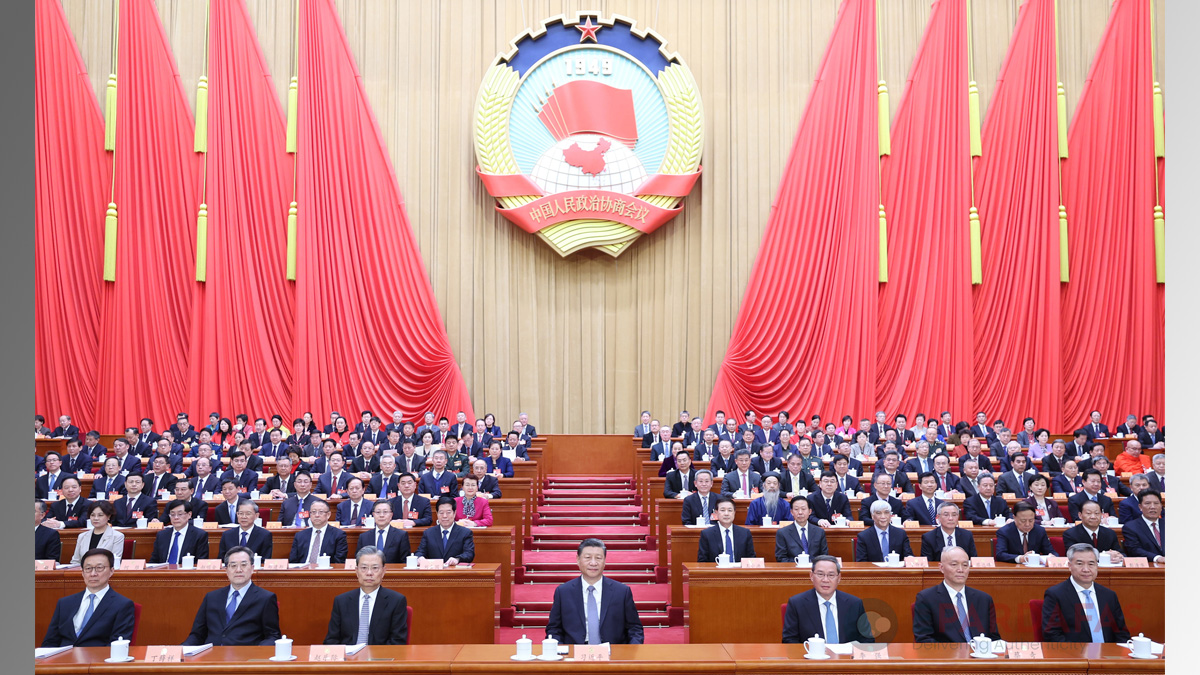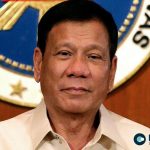
China Sets Stage for Key Communist Party Plenum in July Amid Economic Challenges

Amidst mounting economic pressures and evolving global dynamics, the Chinese Communist Party (CCP) is gearing up for a pivotal gathering in July known as a plenum, signaling a renewed focus on reforms and modernization efforts.
The upcoming plenum, the third since the election of the central committee in 2022, is poised to address a myriad of domestic challenges and navigate the complexities of the external environment. Scheduled once every five years between party congresses, plenums serve as critical junctures for the CCP’s elite decision-makers to chart the course of the nation’s trajectory.
With President Xi Jinping leading the charge, the central committee, comprising 205 members and 171 alternate members, will convene to deliberate on strategies aimed at further deepening reforms and propelling China towards modernization, according to state-run Xinhua news agency.
Despite the anticipation for a third plenum in either October or November 2023, the delay has heightened speculation regarding the agenda and urgency of the upcoming gathering. Against the backdrop of a subdued economy and lingering challenges within the property sector, the imperative for decisive action looms large.
Economic indicators signal a tempered outlook, with the once-pivotal property sector grappling with substantial indebtedness and dwindling consumer sentiment. The politburo, in a recent meeting, acknowledged the formidable hurdles facing the economy, citing persistent gaps in effective demand, mounting pressures on enterprises, and multifaceted risks across key sectors.
Amidst these challenges, President Xi Jinping remains steadfast in his commitment to reform and opening-up as essential pillars for China’s sustained progress. Dismissing predictions of imminent decline, Xi reiterated the imperative for continuous reform initiatives and unwavering dedication to opening China’s doors to the world.
Historically, third plenums have served as pivotal moments in China’s economic evolution, catalyzing transformative reforms that reverberate globally. From Deng Xiaoping’s groundbreaking economic reforms in 1978 to the pivotal market-oriented directives of 2013, these gatherings have shaped the trajectory of the world’s second-largest economy.
As China navigates a shifting global landscape and navigates internal economic challenges, the upcoming plenum holds immense significance for the nation’s future trajectory. With the world’s gaze fixed upon Beijing, the decisions forged in the halls of the central committee are poised to chart the course of China’s economic destiny and influence global dynamics for years to come.












Comments